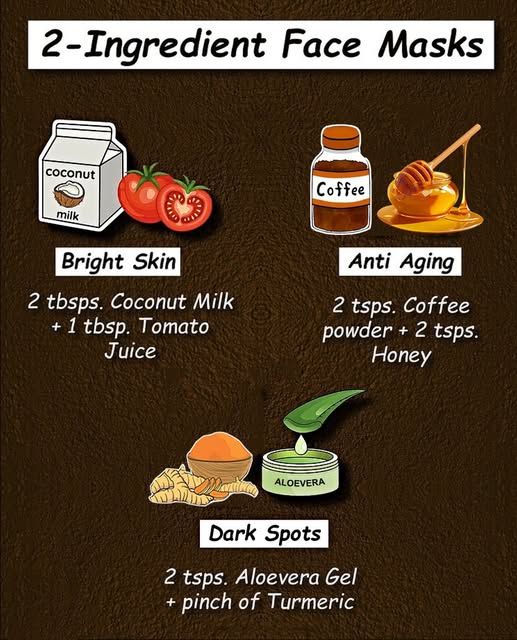Introduction

Pancreatic cancer is one of the deadliest forms of cancer, often called a “silent killer” because it rarely shows clear symptoms in its early stages. According to the American Cancer Society, pancreatic cancer accounts for about 3% of all cancers in the U.S., yet it is the third leading cause of cancer-related deaths. Globally, over 495,000 people are diagnosed each year, and the survival rate remains alarmingly low because most cases are detected late.
The key to survival lies in early detection. Recognizing the warning signs, no matter how subtle, can make the difference between early treatment and a missed opportunity. In this article, we’ll uncover the 8 symptoms of pancreatic cancer that will shock you and explain why you should never ignore them.
1. Unexplained Weight Loss
Sudden, unexplained weight loss is one of the earliest warning signs of pancreatic cancer. Patients often lose weight rapidly without changes in diet or physical activity.
This occurs because the cancer prevents your pancreas from producing essential enzymes needed for digestion, leading to poor nutrient absorption. Additionally, cancer cells consume large amounts of energy, which accelerates weight loss.
⚠️ Why It Matters: If you lose more than 5% of your body weight in a short period without trying, consult your doctor immediately.
2. Persistent Abdominal and Back Pain
Many people dismiss abdominal pain as indigestion or muscle strain. However, pancreatic cancer often causes deep, persistent pain in the upper abdomen that radiates to the back.
This pain results from the tumor pressing against nearby organs and nerves. Unlike typical stomach pain, it worsens when lying down and may improve slightly when leaning forward.
🔑 Key Insight: Chronic pain in the upper or middle abdomen should never be ignored, especially if it comes with other unusual symptoms.
3. Jaundice (Yellowing of the Skin and Eyes)
One of the most shocking and visible symptoms of pancreatic cancer is jaundice. This condition occurs when the tumor blocks the bile duct, preventing bile from flowing into the small intestine. As a result, bilirubin (a yellow pigment) builds up in the body.
Symptoms include:
- Yellowing of the skin and eyes
- Dark urine
- Pale or greasy stools
- Severe itching of the skin
📊 Fact Check: Around 50% of pancreatic cancer patients present with jaundice at the time of diagnosis.
4. Loss of Appetite and Digestive Issues
Pancreatic cancer interferes with digestion, leading to:
- Loss of appetite
- Nausea and vomiting
- Indigestion
- Bloating after meals
This happens because the pancreas fails to release enough digestive enzymes. As a result, the body struggles to break down fats and proteins, causing discomfort.
💡 Tip: If you consistently feel full after eating small amounts or experience frequent nausea, seek medical advice.
5. New-Onset Diabetes
Did you know that diabetes can sometimes be a red flag for pancreatic cancer? In fact, about 1 in 10 people with pancreatic cancer develop diabetes just before diagnosis.
This happens because cancer cells disrupt the pancreas’ ability to regulate insulin. Warning signs include:
- Sudden development of diabetes in people with no family history
- Difficulty controlling blood sugar levels despite medication
- Increased thirst and urination
🚨 Take Action: If you are over 50 and suddenly develop diabetes, ask your doctor for pancreatic screening.
6. Unusual Blood Clots
Pancreatic cancer increases the risk of deep vein thrombosis (DVT)—blood clots forming in the legs. Symptoms include swelling, pain, and redness in the affected area.
Sometimes, these clots can travel to the lungs, causing a life-threatening condition known as pulmonary embolism.
🔎 Why It’s Important: Blood clots may appear before any other cancer symptoms, making them an early but overlooked warning sign.
7. Extreme Fatigue
Cancer drains the body’s energy. Pancreatic cancer patients often report overwhelming fatigue that doesn’t improve with rest.
This is due to a combination of factors:
- The cancer consuming the body’s energy supply
- Anemia from reduced red blood cell production
- Poor nutrient absorption due to impaired digestion
📌 Key Takeaway: If you experience constant fatigue, especially along with weight loss or abdominal pain, seek immediate evaluation.
8. Changes in Stool Appearance
Pancreatic cancer can cause steatorrhea—pale, greasy, and foul-smelling stools that float in the toilet.
This occurs because the body cannot properly digest fats without pancreatic enzymes. Sometimes, stools may also appear clay-colored due to bile duct blockage.
⚠️ Red Flag: If you notice consistent changes in stool texture or color, it’s worth discussing with a doctor.
Frequently Asked Questions (FAQs)
❓ What is the survival rate for pancreatic cancer?
According to the American Cancer Society, the 5-year survival rate for all stages combined is about 12%. However, if detected early and surgically removed, survival can increase significantly.
❓ Who is at risk of developing pancreatic cancer?
Risk factors include:
- Age (most common in people over 60)
- Smoking
- Obesity
- Chronic pancreatitis
- Family history of pancreatic cancer
- Diabetes
❓ Can pancreatic cancer be prevented?
While there is no guaranteed prevention, you can lower your risk by:
- Quitting smoking
- Maintaining a healthy weight
- Eating a balanced diet rich in fruits and vegetables
- Exercising regularly
- Managing diabetes effectively
❓ Why is pancreatic cancer so hard to detect?
The pancreas is located deep inside the abdomen, making tumors difficult to detect in early stages. Symptoms often mimic common digestive problems, leading to late diagnosis.
❓ What should I do if I suspect symptoms?
Do not ignore persistent or unusual symptoms. Contact your doctor and ask for tests such as CT scans, MRI, endoscopic ultrasound, or blood tests (CA 19-9 marker).
Conclusion
Pancreatic cancer is a silent but deadly disease. While its symptoms may seem subtle at first, they often signal serious underlying issues. By paying attention to warning signs like jaundice, unexplained weight loss, abdominal pain, sudden diabetes, fatigue, and changes in digestion, you give yourself the best chance for early detection.
🚨 Final Thought: Don’t ignore your body’s signals. If you or a loved one experiences any of these 8 shocking symptoms of pancreatic cancer, consult a healthcare professional immediately. Early action could save your life.
✅ Key SEO Keywords Used:
- Pancreatic cancer symptoms
- Early signs of pancreatic cancer
- Silent symptoms of pancreatic cancer
- Pancreatic cancer warning signs
- Pancreatic cancer detection
- How to detect pancreatic cancer early


